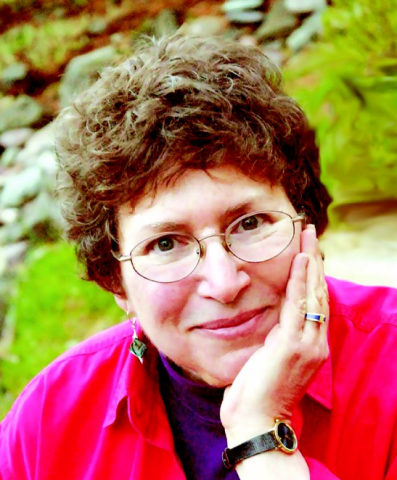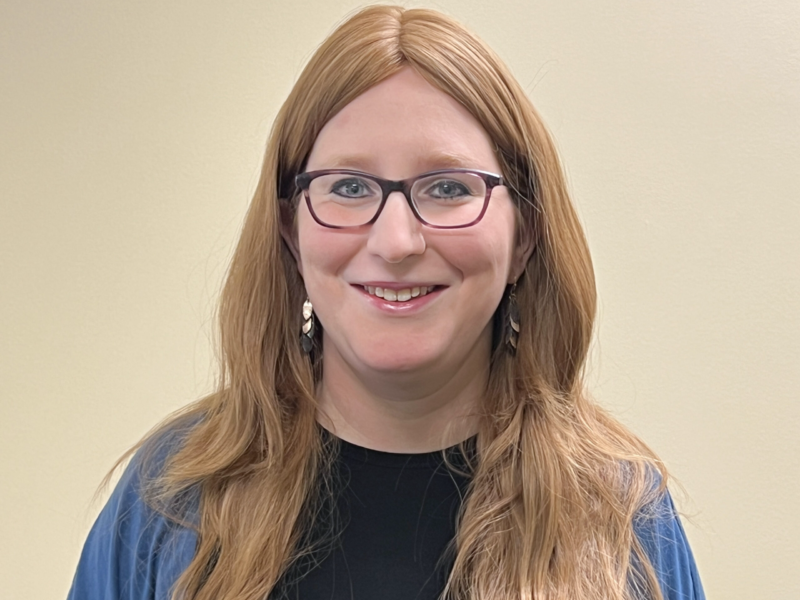
Dear Helen:
Can you give me some very practical tips to prepare for a phone interview? I know I could do the job if I get it. But there’s a pre-screening interview – 30 minutes with one person – before an interview with the whole team. I need to pass this test to get to the people who really matter. Do you have any advice about getting past the gatekeeper?
In Line
Dear In Line:
First, change your mindset. Right now, the most important person in your professional life – other than yourself – is the phone screener. Rather than seeing him/her as someone who doesn’t matter, recognize this person holds the key to your future. Treat every moment of the interview, and the interviewer, with your full respect, attention and appreciative cooperation.
List the relevant items in the job description. Match that list with what you’ve done in your professional and volunteer life. Be very specific. Then come up with examples of how your experience fits what they’re hiring for. Drum up sample questions. The obvious ones are: What did you like most/least about your prior job. Your strengths/weaknesses? Successes/failures? Work style/computer skills? There will be more relevant ones, as well as answers you may want to give if the question you’re asked doesn’t quite match your strengths, as in, I haven’t done that exactly but I have done x, y, z, and I am a very quick learner.
Practice your answers. Write them in paragraph form first and say them aloud. Think 160 words per minute of answer. Most answers should take no more than 90 seconds max. Once you can say them with a nice balance of refreshing candor and chest-thumping humility, translate them into keywords. Have a crib sheet in front of you with two columns: question keywords in one, and answer keywords in another. One nice thing about a phone interview is that you can keep some resources handy.
Last: Send a follow-up email first thing the very next morning. Say how useful it was to talk, that it only increased your enthusiasm for the job, and you look forward to meeting the full team at the next interview. Holler if you get a call.
________________________________
Dear Helen:
I’ve been dealing with a cluster of health issues for the past several years in addition to needing to lose 30 pounds that have crept on over the decades. My doctor has given me a strict health regimen to follow: the usual advice to eat primarily fruits and vegetables, whole grains and unprocessed foods; and also to eliminate, as much as possible, wheat, sugar, dairy, soy and caffeine (green tea’s OK). It’s a tall order but I am 80% on program. My health and weight are starting to improve. But I am getting crankier and crankier. I’ve always been an emotional eater. But now that I can’t turn to cookies, chips or ice cream, I feel worse. Advice?
Detoxing
Dear Detoxing:
Your sign-off is a big clue: your system is shedding all the crap you’ve poured into it. Think about all the times you ate when you were emotional. As in: eating when sad, angry, frustrated, restless or bored, or eating at the painful ends of relationships or even the happy beginnings of them. Think of all the unresolved feelings you shoved down your gullet ahead of the food you used to keep them suppressed. Some people use alcohol (with or without the food) for the same ends. BTW I’m not suggesting you didn’t actually experience your emotions. Rather that when they got you to an emotional brink, you coped by eating cookies, chips, ice cream or your current vice du jour. Now you’re revisiting those emotional edges, in reverse, and creating different, and healthier, ways of coping.
Congratulations on your progress. And your timing couldn’t be better. Summer in Oregon is a world of farmers’ markets brimming with delicious, fresh, healthy food. That’s the good news. Here’s the bad: the emotions you suppressed still have to come out; they’re showing up as c.r.a.n.k.y. In addition to detoxing and withdrawing from certain foods, you’re also withdrawing from the habits you’ve used to insulate you from life’s bruising. More good news: as you learn better coping skills, you won’t have to repeat the cycle. Create a safe place to let out all the old sadness, rejection, anger, etc. Do it alone, in a counselor’s office, or in an emotional eater’s support group. As you empty out all the old feelings, you’re making room in your body and for a healthier new you, and hopefully lots of happier feelings.
A resident of Eugene since 1981, Helen is a member of Temple Beth Israel, where she studies and speaks on Torah. She claims to have black belts in schmoozing, problem-solving and chutzpah. She’s a writer and an artist (www.kabbalahglass.com





